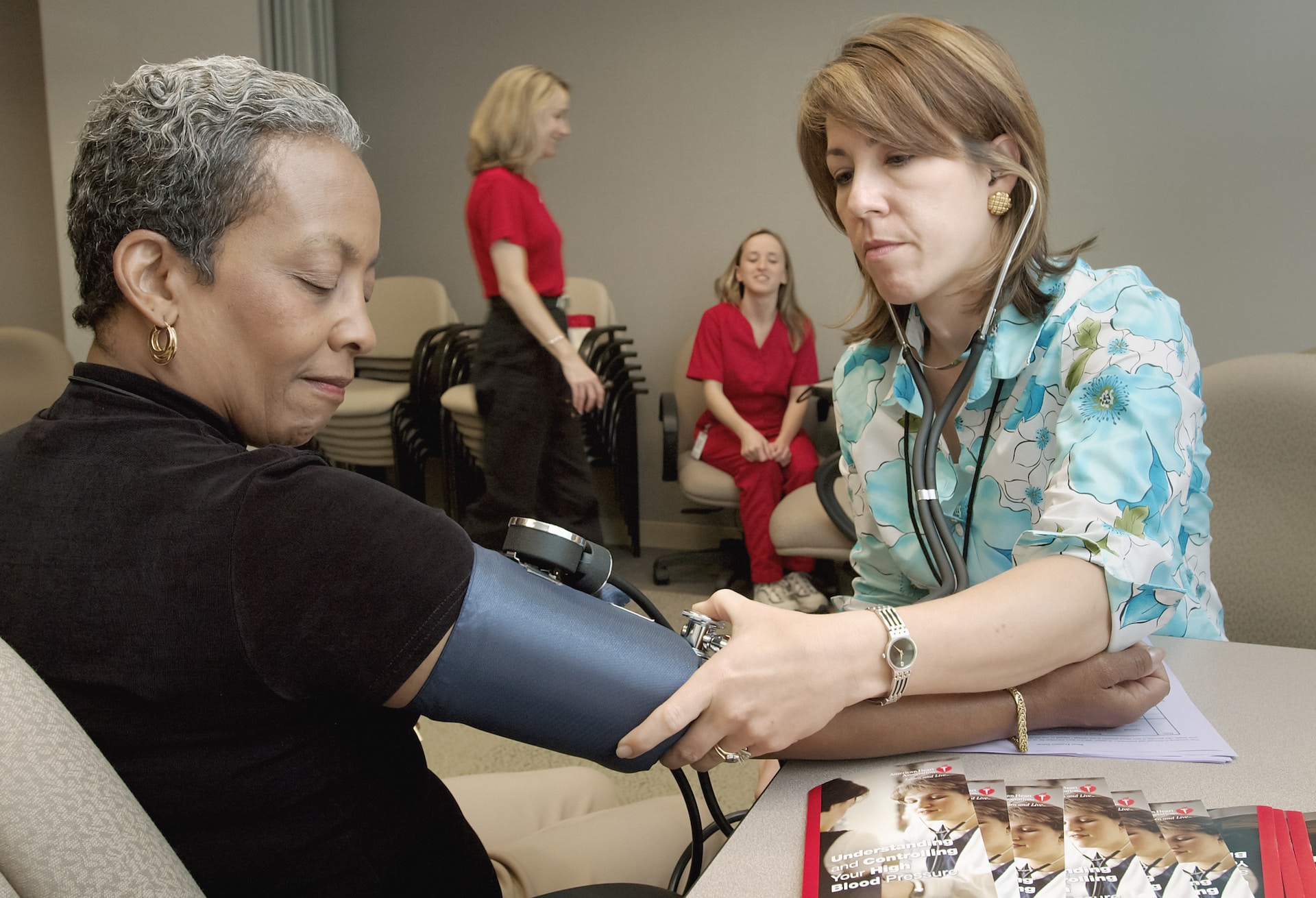
High blood pressure, or hypertension, is a prevalent condition that can have serious health implications if left uncontrolled. Fortunately, there are various mindful lifestyle changes and strategies that everyone can adopt to reduce high blood pressure and promote a healthy heart. In this article, we will explore effective methods to manage high blood pressure, including emphasizing the importance of working in conjunction with medical professionals to achieve optimal results.
Cover photo by CDC
Understanding High Blood Pressure
High blood pressure occurs when the force of blood against the artery walls is consistently too high. It can lead to heart disease, stroke, and other cardiovascular complications. Knowing your blood pressure numbers and understanding the significance of managing hypertension is the first step in taking control of your heart health.
Consulting with Medical Professionals
Before implementing any changes, it’s essential and mandatory to consult with a healthcare provider. They can accurately diagnose high blood pressure, assess your overall health, and tailor a comprehensive plan to manage hypertension. Regular check-ups and open communication with medical professionals are key to long-term success in reducing high blood pressure.
Adopting a Heart-Healthy Diet
A balanced and heart-healthy diet plays a pivotal role in managing high blood pressure. Mindful eating involves paying close attention to the flavors, textures, and sensations of each bite. The Dietary Approaches to Stop Hypertension (DASH) diet, rich in fruits, vegetables, whole grains, and lean proteins, is well-suited for mindful consumption. By savoring each meal and being attuned to hunger and fullness cues, individuals can cultivate a healthier relationship with food and improve blood pressure levels.
Physical Activity
Engaging in regular physical activity mindfully is beneficial for heart health and helps lower blood pressure. Instead of viewing exercise as a chore, approach it as an opportunity to connect with your body and be present in the moment. Mindful movements like tai chi, yoga, or walking meditation can not only improve cardiovascular health but also reduce stress and enhance overall well-being.
Stress Management through Mindfulness
Chronic stress can elevate blood pressure. Mindfulness practices, such as meditation, mindful breathing, and body scan exercises, can help individuals become more aware of their stress triggers and reactions. By practicing mindfulness, individuals can respond to stressors with greater composure, reducing the impact of stress on blood pressure.
Limiting Alcohol Intake
Excessive alcohol consumption can raise blood pressure. Mindful drinking involves being conscious of how much and how often alcohol is consumed. Opt for moderation or abstain from alcohol altogether to support heart health. Consult with local health professionals to understand and acknowledge the healthy quantities.
Avoiding Tobacco and Secondhand Smoke
Awareness of the detrimental effects of smoking and secondhand smoke on blood pressure can motivate individuals to quit smoking or avoid smoke-filled environments. By prioritizing their health and the health of those around them, individuals can contribute to a healthier heart and lower blood pressure.
Reducing Caffeine Intake
While moderate caffeine consumption either via coffee or energy drinks may not significantly affect blood pressure, awareness of individual responses can help identify any adverse effects. Be mindful of your caffeine intake and make adjustments as needed to support blood pressure management.
Prioritizing Restful Sleep
Lack of adequate sleep can contribute to high blood pressure. Mindful sleep practices, such as creating a soothing bedtime routine, maintaining a comfortable sleep environment and limiting screen time before bed, can promote restful sleep and support heart health.
Medication Management
For some individuals, lifestyle changes may not be enough to control blood pressure. In such cases, healthcare providers may prescribe medications to help manage hypertension. Approach medication management mindfully, adhering to prescribed dosages and communicating openly with medical professionals about any concerns or side effects.
Conclusion
Reducing high blood pressure requires a holistic approach that encompasses lifestyle changes, stress management and regular dialogue with medical professionals. By adopting a mindful eating patterns, engaging in physical activity and practicing stress reduction through mindfulness, individuals can significantly improve their heart health and lower blood pressure.
While these methods can be highly effective in theory or in an article, it is crucial to remember that each person’s health is unique. Consulting with medical professionals and incorporating mindful techniques into blood pressure management can lead to a more harmonious and balanced approach to heart health.
By taking an active role in managing high blood pressure, everyone can make significant strides toward a healthier heart and overall well-being.


